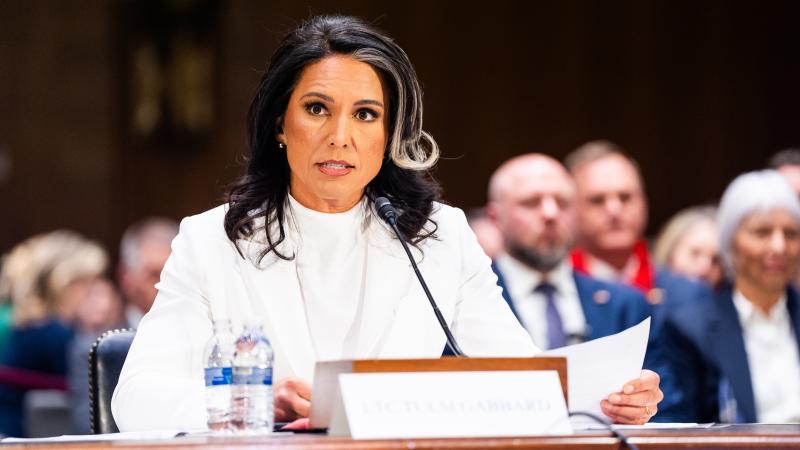Watchdog files FOIA lawsuit against NIH over alleged funding of beagle experiments
"Through incidents such as this, our health care leadership has squandered the trust of the American public," said Protect the Public's Trust Director Michael Chamberlain.
Federal watchdog Protect the Public's Trust announced Wednesday that it has filed a transparency lawsuit against the National Institutes of Health regarding whether the agency provided funding for the "cruel" experiments on beagle puppies.
The suit follow a bipartisan group of Congress members last fall asking National Institute of Allergy and Infectious Diseases Director Dr. Anthony Fauci about the matter.
The study, which taxpayer watchdog group White Coat Waste Project claimed to have discovered, allegedly involved removing the vocal cords of some of the dogs to prevent them from barking as they were drugged and their heads locked "in mesh cages filled with hungry sand flies so that the insects could eat them alive."
After members of Congress asked Fauci about the experiment, the authors of the study issued a correction, saying, "There are errors in the Funding statement. The correct Funding statement is as follows: The authors received no specific funding for this work.
"The US National Institutes of Health and the Wellcome Trust did not provide any funding for this research and any such claim was made in error."
The watchdog group says the response raises concerns about whether NIH, which oversees the NIAID, provided funding for the study and told the authors to make the correction following public criticism or if the agency provided funding to the groups conducting the study without specifically allocating it for "this research."
The group attempted to acquire information from the NIH via a Freedom of Information Act request in December 2021 regarding the research funding and the correction. But the agency hasn't responded, even after multiple attempts to reach out, the group also says.
As a result, PPT has filed the FOIA lawsuit against NIH to obtain the information.
"Trust is by far the most precious commodity that health care officials possess," said PPT Director Michael Chamberlain. "But, through incidents such as this, our health care leadership has squandered the trust of the American public. Refusing to provide records about this research, which elected officials on both sides of the aisle have condemned, is another big step in the wrong direction."
















